Luke Evans on Coming Out and the High Cost of Honesty
Most people know Luke Evans from blockbuster movies and musicals. But behind the fame is a story that’s raw and deeply personal. In his new memoir, Boy from the Valleys: My Unexpected Journey, the Welsh actor lays out what really happened after he came out as gay to his parents, who were strict Jehovah’s Witnesses. It wasn’t just awkward conversations. His parents, Yvonne and David, were told by their congregation to disfellowship him—completely cut him off because of his sexuality.
Imagine hearing you’re not just disappointing your parents but also causing them to face a public shaming in their religious community. Evans wrote about envisioning his mom and dad sitting in their Kingdom Hall as elders spelled out the rules: They had to pick between faith and family. For most people, that's the stuff of nightmares. For Evans, it was real life—and it hurt. He calls those moments "painful," not just for himself, but for his parents who were forced to make the impossible choice.
This kind of community pressure isn’t rare in Jehovah’s Witness circles. The doctrine is clear: homosexuality is seen as a sin with deadly consequences after Armageddon. While lots of people face difficulties coming out, facing complete social and family exclusion adds another layer. Evans describes how he spent years hiding who he was, not just to keep his parents’ love but because the religion promised outright damnation for being gay.
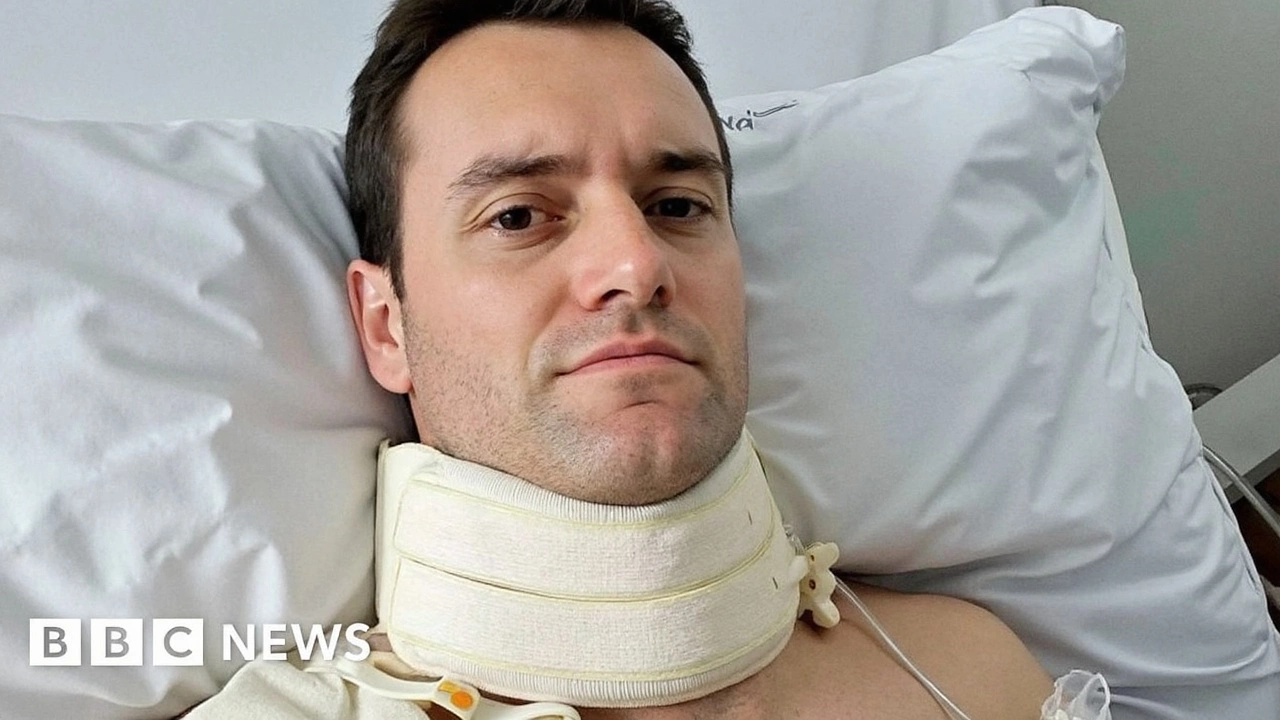
Faith, Family, and the Search for Acceptance
Evans’ struggle didn’t happen in a vacuum. Growing up in Wales, he dealt with bullying not just for suspected sexuality but for being a Jehovah’s Witness. That meant double isolation—the kid who was different because of both faith and identity. There weren’t rainbow flags or after-school allies in his world. Instead, he kept his head down, hoping nobody would notice him too much, feeling alone at every turn.
But things have changed—sort of. Now in a relationship with Fran Tomas, Evans talks about his journey with honesty, but not bitterness. He doesn’t hide the scars or the heartbreak. What’s even more surprising is how he talks about his parents—not with anger, but with real empathy. He gets that their whole worldview was at stake, too. They loved their son, but their faith demanded a hard line.
Despite the congregation’s demand for silence, Evans and his parents eventually found a way to keep their connection. It wasn’t perfect, but it was theirs. Evans’ perspective is unusual: he knows his parents felt torn apart by having to choose between their church and their only child. He wants people to see that the real villain isn’t the family members but the system forcing cruel choices.
In the book, Evans peels back the curtain on a story that’s more common than most people realize, offering a view into what it means to grow up with deep secrets and even deeper love. It’s the kind of story plenty of LGBTQ+ kids in religious settings will read and recognize instantly.
Now, as he stands in the public eye, Evans is using his platform for something other than acting—he’s telling a truth that’s messy, emotional, and all too real for anyone trapped between who they are and what their family is told to believe.
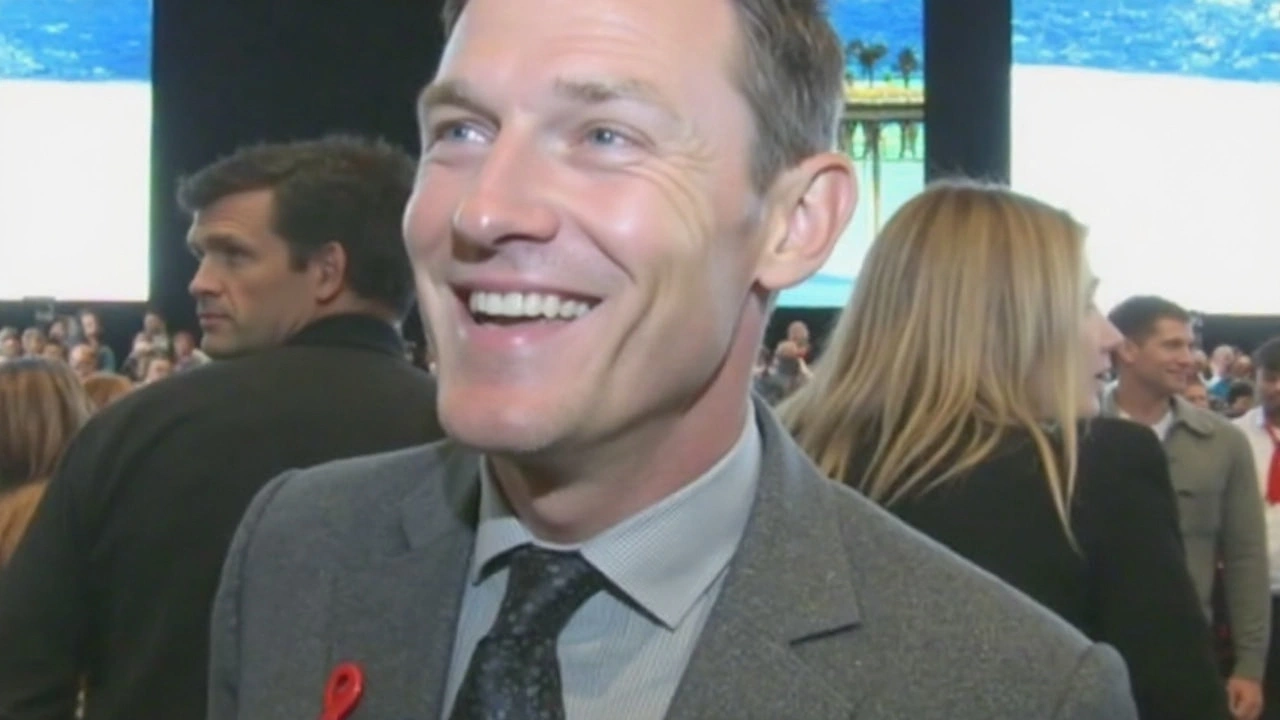

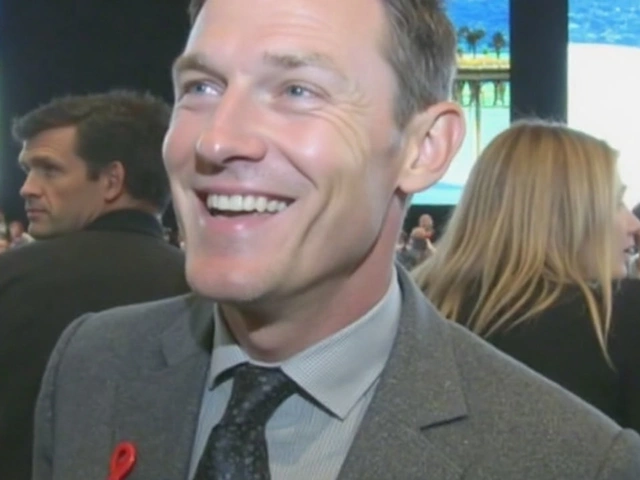
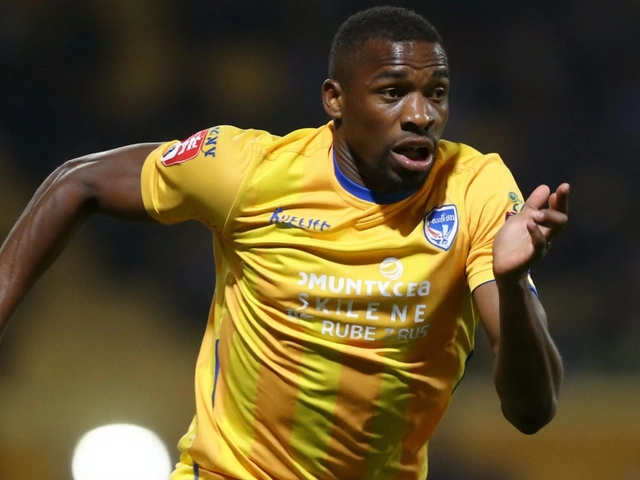
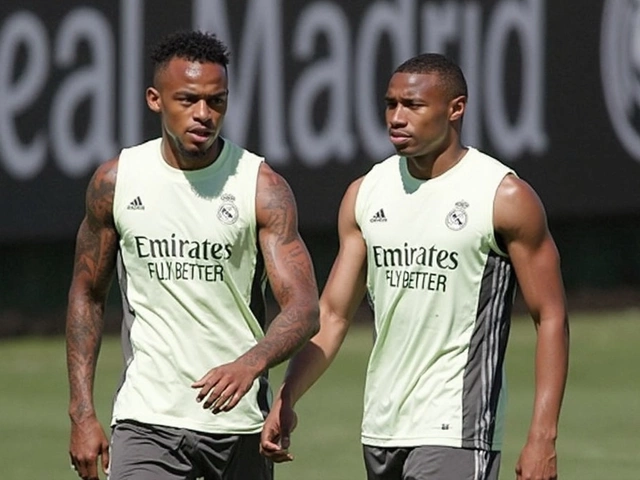

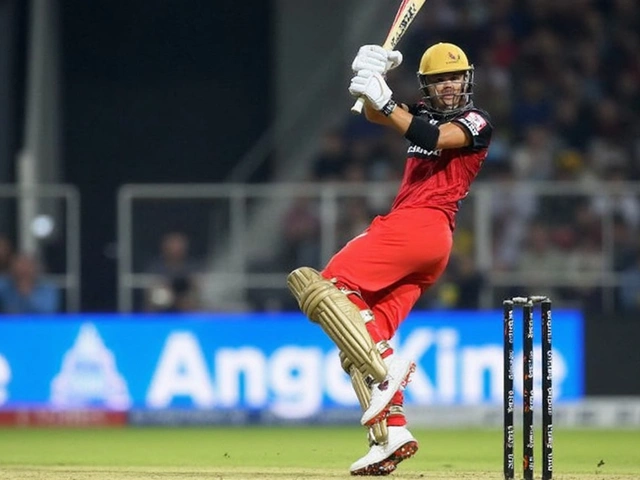
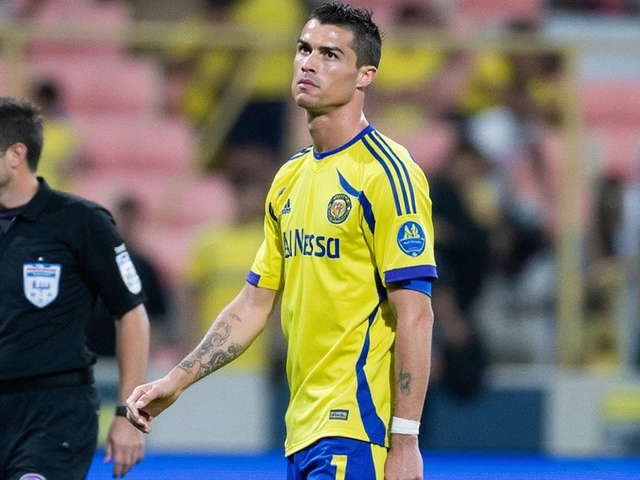
Write a comment